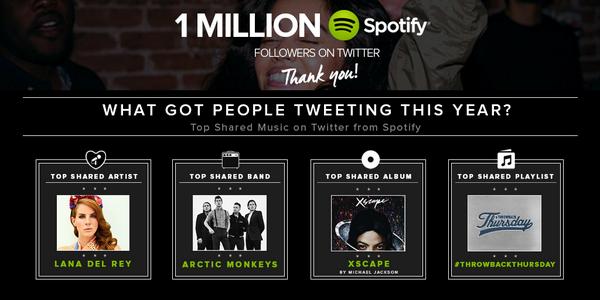U2's decision to allow free downloads of
Songs of Innocence was questioned by
Buckcherry guitarist Keith Nelson who believed it devalued music. He said, "they've sent a message to everyone that music is free, and that's disturbing. It's easy to do that when you're a multi-millionaire-billionaire and money isn't really something that you worry about, but when you're a working rock 'n' roll band and you count on every dollar, it's disappointing to see someone do that."[SUP]
[50][/SUP] This sentiment was echoed by the Entertainment Retailers Association, which reported that UK sales of the band's back catalogue were minimal in the week following the album's release. The organisation's chairman Paul Quirk said, "This vindicates our view that giving away hundreds of millions of albums simply devalues music and runs the risk of alienating the 60% of the population who are not customers of iTunes." He added, "Giving away music like this is as damaging to the value of music as
piracy".[SUP]
[51][/SUP] According to
Billboard, an anonymous record label executive sceptically wondered if the "giveaway is good for the business."[SUP]
[48][/SUP]
A number of iTunes customers were unhappy that the album appeared in their music libraries without having the option to opt-out;[SUP]
[52][/SUP][SUP]
[53][/SUP][SUP]
[54][/SUP] for users who had automatic music downloads enabled in iTunes, the album downloaded to their devices automatically.[SUP]
[55][/SUP][SUP]
[56][/SUP] Chris Richards of
The Washington Post called it "rock-and-roll as dystopian junk mail".[SUP]
[57][/SUP]
Slate said that it was "extremely unsettling" that "consent and interest are no longer a requisite for owning an album, only corporate prerogative".[SUP]
[58][/SUP] Vijith Assar of
Wired said, "The delivery mechanism amounts to nothing more than
spam with forced downloads".[SUP]
[59][/SUP] In response to the criticism, Apple established a dedicated webpage that allowed users to permanently delete the album from their accounts.[SUP]
[60][/SUP]

